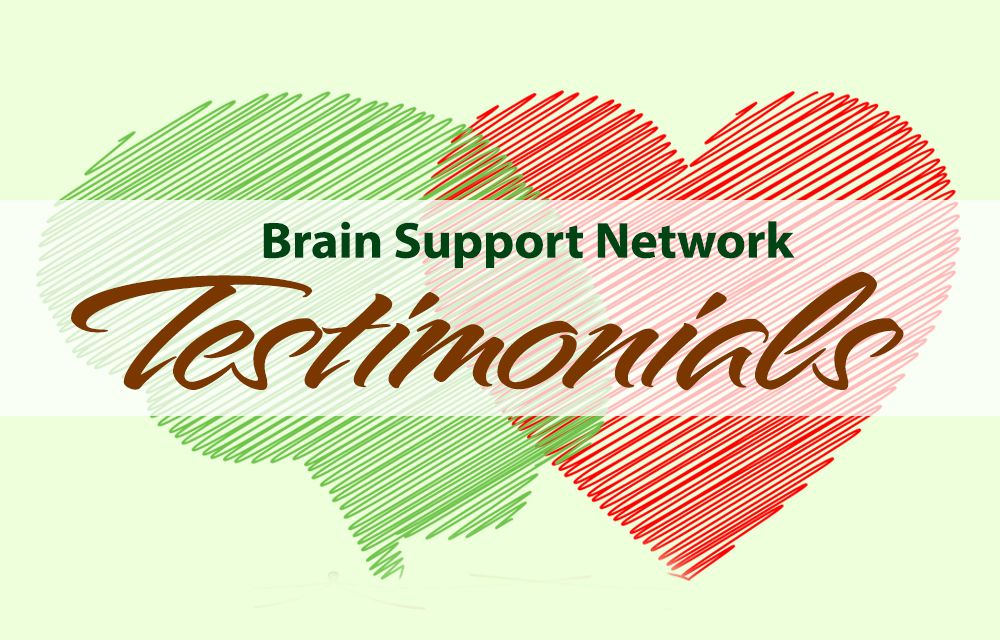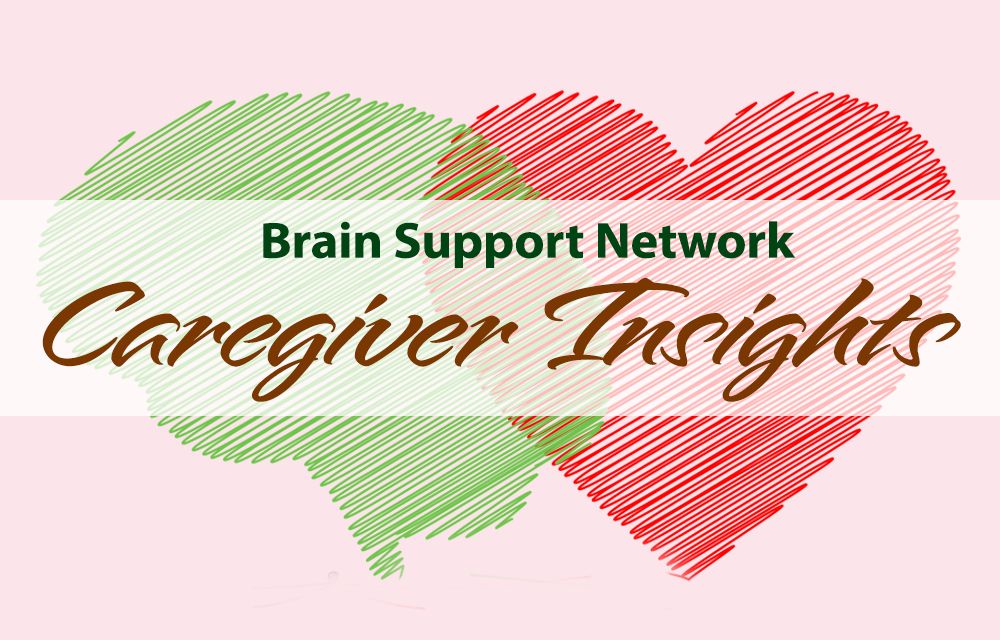Brain Support Network
@brainsupportnet.bsky.social
45 followers
54 following
710 posts
We have helped over 1,500 families donate a loved ones brain we can help your family too. #atypicalparkinsons #braindonation #lbd #psp #msa #cbd
Posts
Media
Videos
Starter Packs
Reposted by Brain Support Network
Reposted by Brain Support Network
Reposted by Brain Support Network



















